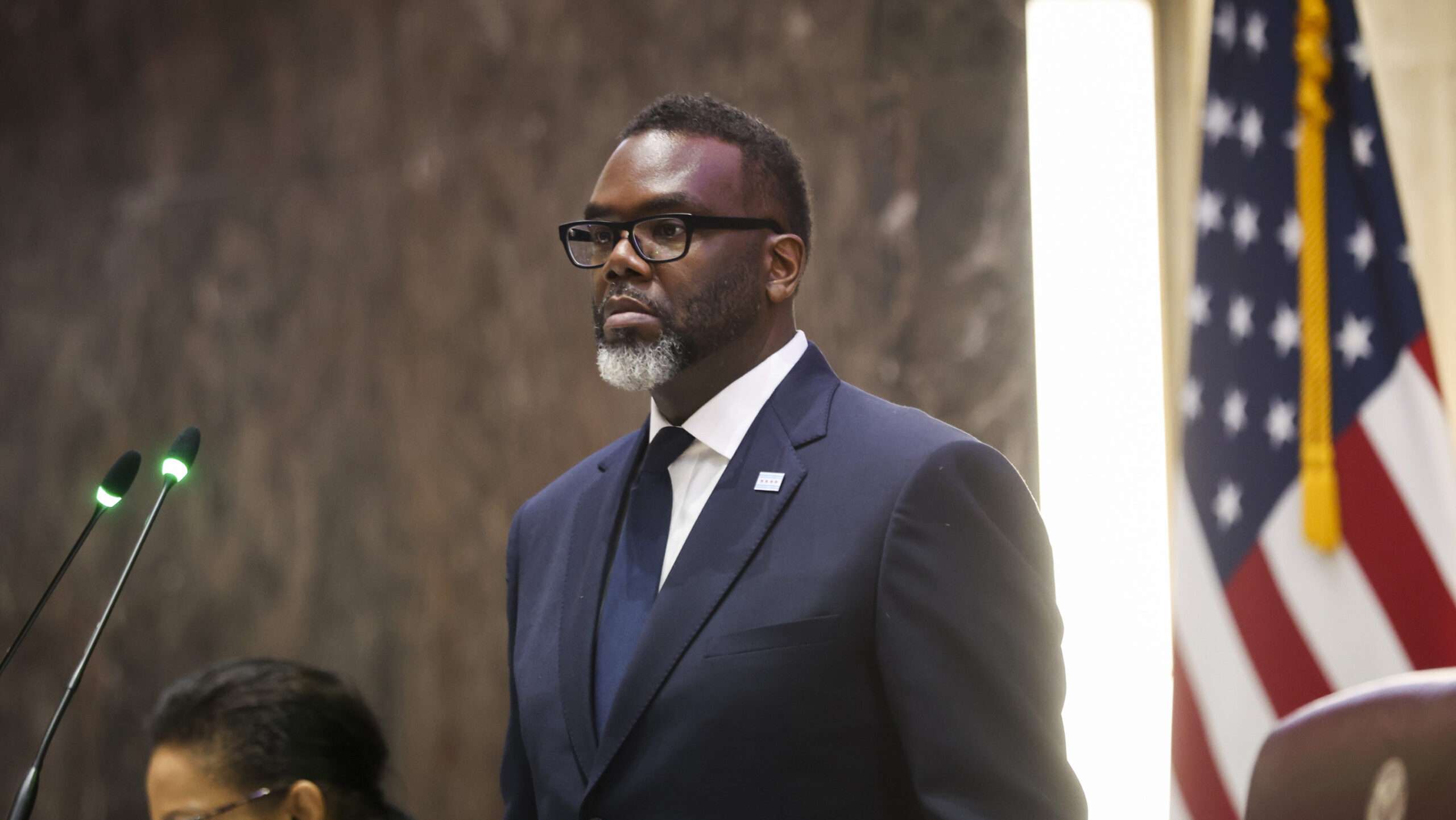Facing an anticipated budget deficit of almost $1 billion, Mayor Brandon Johnson of Chicago has introduced his proposed 2025 budget. This budget not only goes back on the promise made during his campaign to avoid raising property taxes but also includes a significant increase in alcohol taxes.
Independent liquor stores, mostly owned by immigrants and located in minority neighborhoods, will bear the brunt of this liquor tax hike. Meanwhile, Chicago continues its spending spree on various programs and projects.
Despite efforts to address the deficit, the proposed budget still shows a $982 million shortfall. Johnson’s plan includes a failed $300 million property tax hike and a proposal to increase certain alcohol taxes by 34 percent.
Taxing alcohol is seen as a less scrutinized way to generate revenue, but it disproportionately affects lower-income populations. The proposed alcohol tax increase could also jeopardize hundreds of jobs and millions in retail sales in Chicago.
Small businesses, particularly neighborhood liquor stores owned by immigrants, are most at risk from this tax escalation. The impact could be worsened by neighboring states having lower alcohol taxes.
The proposed budget allocates millions to various programs, including funding for cultural events and graffiti removal. Critics argue that the mayor’s spending habits and priorities are questionable, especially in light of recent controversies.
Despite facing pushback, including the rejection of a property tax increase, Mayor Johnson’s decisions and spending habits continue to draw criticism and scrutiny.
Earlier this week, Johnson clarified to reporters that his proposal for a property tax increase was not meant to be taken seriously. He stated that he only suggested it to shock the Council into considering other revenue-raising options, as reported by the Chicago Sun-Times.
The mayor’s plan for an alcohol tax is still on the table, and if it is passed, it will be everyday Chicago residents, including the immigrant owners of local liquor stores, who will bear the financial burden.
Source link




